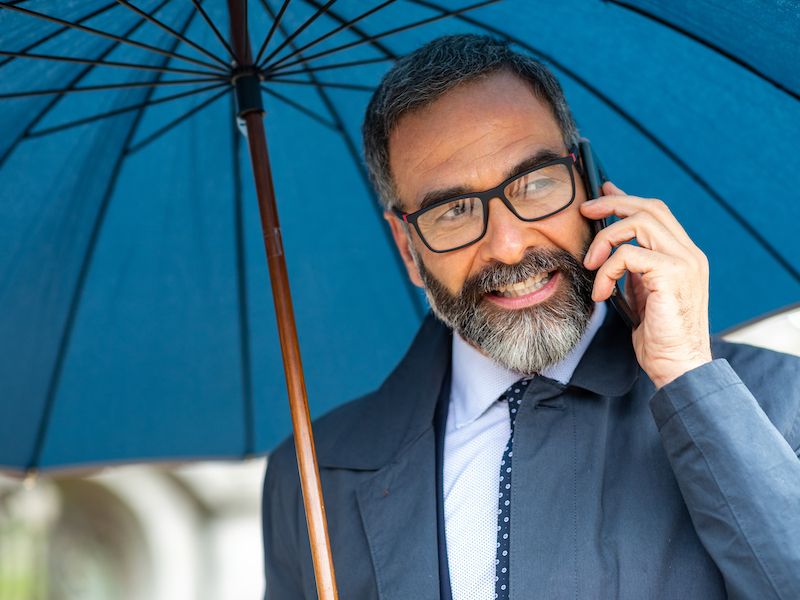
John’s having problems at work because he doesn’t always hear conversations. He’s in denial and is constantly telling himself that everyone is speaking unclearly. Besides, he feels he’s too young for hearing aids, so he hasn’t scheduled a hearing exam and has been steering clear of a hearing exam. Unfortunately, he’s been cranking up the volume on his earbuds in the meantime and doing considerable harm to his ears. So, unfortunately, his denial has prevented him from seeking out help.
But John’s outlook is older than he thinks. Hearing loss doesn’t have the stigma that it once did. Specifically, with the younger generation, it’s much less pronounced, though you may still see it to some extent in some circles. (Isn’t that ironic?)
What Are The Problems With Hearing Loss Stigma?
Simply put, loss of hearing has some social and cultural associations that aren’t always necessarily helpful or true. For many, loss of hearing might be regarded as an indication of old age or a loss of vitality. People are often concerned that they will lose social status if others know they suffer from hearing loss. Some may think that hearing aids make you look old or not as “with it”.
This problem may be thought of as irrelevant and not associated with reality. But there are certain very real implications for individuals who are trying to cope with the stigma of hearing loss. Including these examples:
- Putting off proper care of loss of hearing (causing needless suffering and poor outcomes).
- Job setbacks (possibly you missed a significant sentence in a company meeting).
- Setbacks in your relationships (Your not just tuning people ot, you just can’t hear them very well).
- Job hunting problems (it’s unfortunate, but some people may buy into the stigmas around hearing loss even if it’s not entirely legal).
This list could go on for quite some time, but at this point you probably get it.
Luckily, changes are taking place, and it truly does feel as though the stigma around hearing loss is on its way out.
Why is Hearing Loss Stigma Declining?
This decrease in hearing loss stigma is taking place for several reasons. Population demographics are changing and so is our perception of technology.
More Younger Adults Are Suffering From Hearing Loss
Younger adults are suffering from hearing loss more frequently and that could very well be the biggest reason for the decrease in the stigma connected to it.
Most statistical studies report the number of individuals with hearing loss in the U.S. about 34 million, which breaks down to 1 out of every 10 people. In all likelihood, loud noises from many modern sources are the primary reason why this hearing loss is more prevalent than it’s ever been.
There is more discussion and knowledge about loss of hearing as it becomes more widespread.
We’re More Comfortable With Technology
Possibly you resisted your first set of hearing aids because you were worried they would be an obvious sign that you have a hearing condition. But these days, technology is so pervasive that hearing aids nearly entirely blend in. No one notices them. This is also, in part, because hearing aids are smaller than ever before and in most cases are very discreet.
But in many cases hearing aids go unobserved because these days, everyone has some technology in their ears. Technology itself is simply so prevalent (and individual) that no one bats an eyelash when you have a little piece of useful technology yourself.
A Shift in Thinking Long Overdue
There are other reasons why hearing loss has an improved image lately. Much more is generally understood about loss of hearing and there are even famous people that have told the public about their own hearing loss situations.
There will continue to be less stigma about loss of hearing the more we observe it in the world. Of course, now we want to do all we can to stop hearing loss. If we could find a way to counter trends in youth hearing loss as we challenge hearing loss stigma that would be ideal.
But at least as the stigma fades, more people will feel comfortable making an appointment with their hearing care specialists and having frequent exams. This can help improve overall hearing health and keep people hearing better longer.